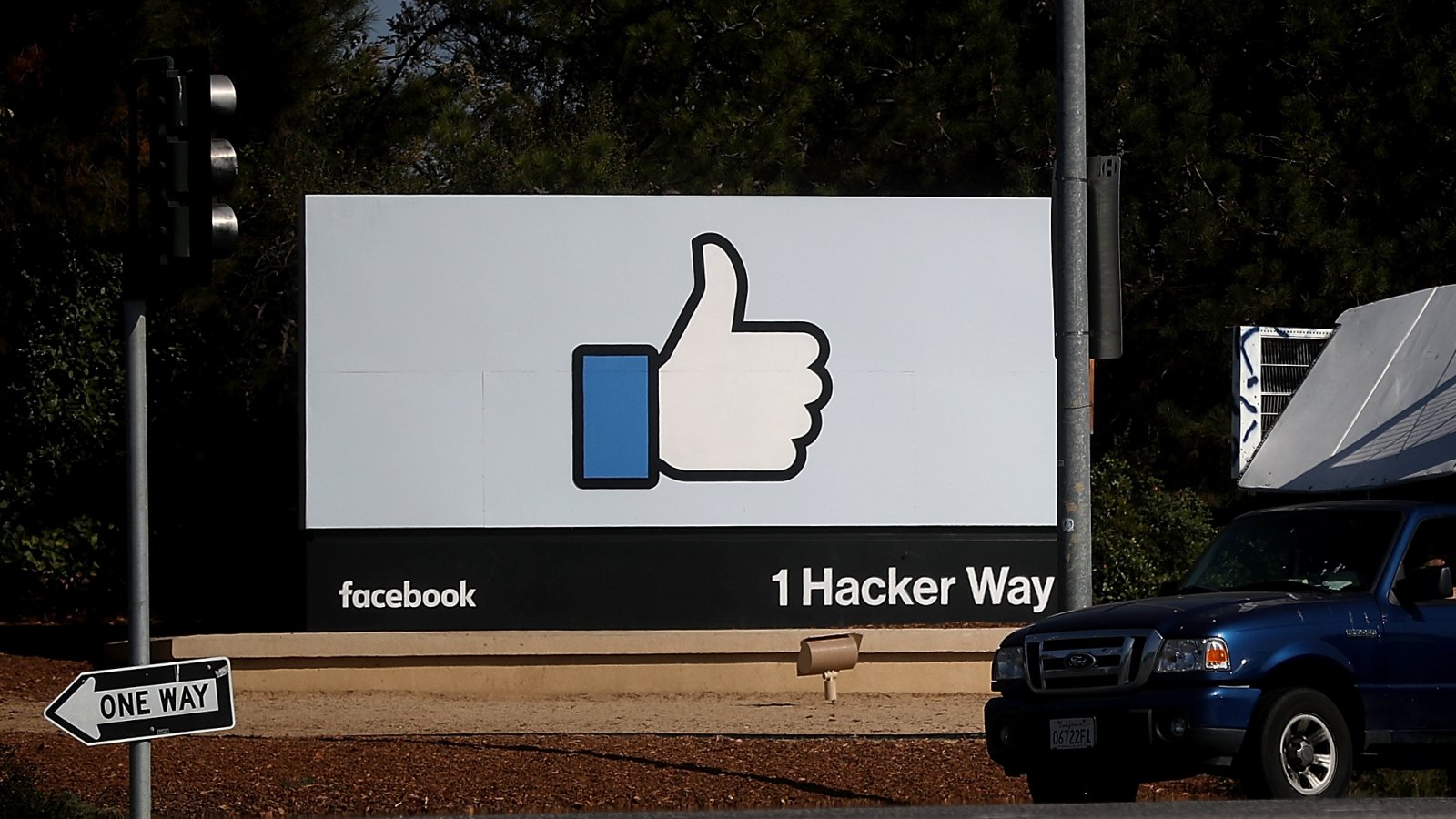
Facebook, Google, and Twitter have turned in their answers to follow-up questions from their November 1, 2017 Senate Intelligence Committee hearing, and the committee has made those responses public.
CNN:
In a written statement Facebook gave to the Senate Intelligence Committee released on Thursday, the social media network said that the events created by one Kremlin-linked troll group were seen by more than 300,000 Facebook users. About 62,500 users marked that they would attend the event, and an additional 25,800 expressed an interest in attending.
Facebook told Congress it does "not have data about the realization of these events," but CNN has previously found evidence that the Russian group successfully convinced Americans to attend the demonstrations.
“Not only did they influence how people viewed Russian policy, they got people to take physical action. That’s unprecedented,” said Clinton Watts, a former FBI agent who studies Russian disinformation for the Foreign Policy Research Institute. “They just did it persistently, and they did it well.”
(...)
The document ... contains several revelations, including that there was some "overlap" between targeting of voters by Russian accounts and the campaign of Donald Trump. Facebook called this overlap "insignificant" in the document ...
Facebook also said targeting used by the IRA for advertisements was "relatively rudimentary," lacking the level of sophistication candidates use, such as Facebook's Contact List Custom Audiences, which is based on voter profile information.
However, CNBC adds the following:
In answering [Senator Susan] Collins' question about whether there was evidence of potential collusion between Trump and Russian group on social media, Facebook said it "does not believe it is in a position to substantiate or disprove" such allegations.
Facebook also admitted it encouraged users to follow Russian operatives' fake pages.
"This happened in some cases," Facebook told the Senate Intelligence Committee, in a written follow-up to a November hearing about election interference through social media. "Because we were not aware that these Pages were not legitimate, they were sometimes recommended when people followed similar Pages, for example."
CNET:
Senators asked a variety of questions trying to understand how much money the tech giants earn in advertising revenue.
Google identified $4,700 in ads from Russian-affiliated advertisers. That's below the $100,000 that seemed to be spent on Facebook. Twitter, meanwhile, said it counted roughly $400 from the Internet Research Agency, the Russian-linked troll farm.
CNN:
[Facebook] also told Congress it had removed Kaspersky Lab from a list of free anti-virus offerings it provides users. It was previously used when Facebook detected who is accessing their platform from devices that are potentially infected with malware.
Facebook said it doesn't know how many of its users downloaded the anti-virus software as a result of the company's offering.
In related news, Wired reports Special Counsel Robert Mueller's team has interviewed at least one Facebook employee who was embedded with the Trump campaign during the 2016 election but notes that does not mean Facebook itself is suspected of wrongdoing.
Facebook and other social platforms have emerged as a key part of that investigation, not only because the company embedded staff with the San Antonio–based digital team working on Trump's campaign but also because it sold more than 3,000 Facebook and Instagram ads to fake accounts linked to the Russian propaganda group Internet Research Agency. All in, content shared by those accounts reached 126 million Facebook users, including more than 62,000 of whom signed up to attend events organized by those fake accounts.
Read More:
Russians got tens of thousands of Americans to RSVP for their phony political events on Facebook (WaPo)
Russian trolls created Facebook events seen by more than 300,000 users (CNN)
Facebook admits to the Senate that it recommended Russian propaganda to some users (CNBC)
MUELLER'S TEAM HAS INTERVIEWED FACEBOOK STAFF AS PART OF RUSSIA PROBE (Wired)
Facebook, Google and Twitter reveal little in answers to Senate (CNET)
Tech companies say they didn't see Russian social media infiltration in 2017 elections (Politico)
Facebook Response (pdf)
Twitter response (pdf)
Google response (pdf)